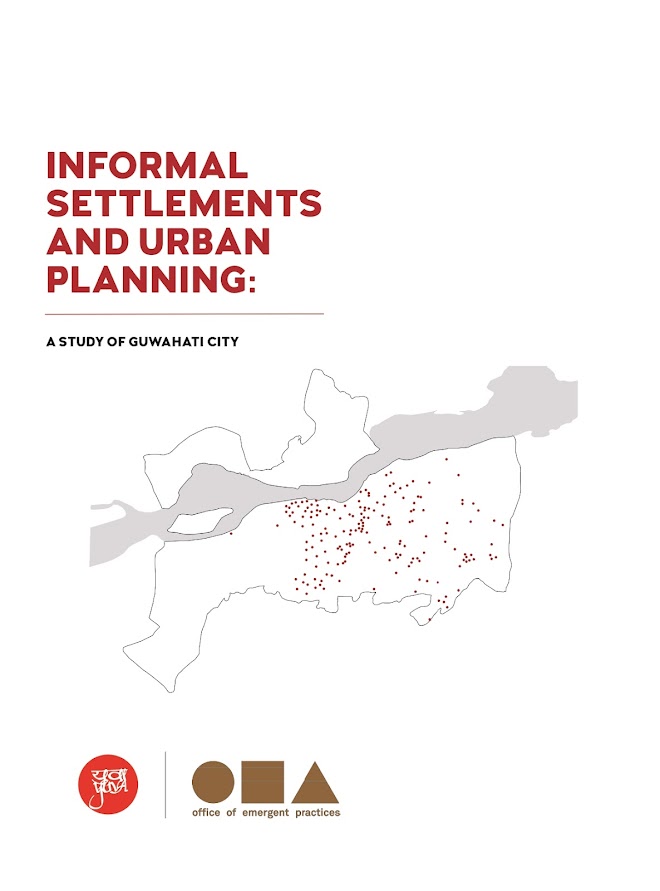Recording of tea party with Wang Xing
On 28th Sep, Wang Xing, our 2000-2001 alumni, and a cultural tourism development expert, has shared his experience in cultural tourism with us. He started from the history of urban planning in China, analysed the urban-rural dichotomy in China, and then moved on to the work on rural revitalisation today, and the link between rural revitalisation and urban design, providing us with an in-depth analysis.
My perception is that, in order for planning to be "practical", the two core issues of "who uses it" and "how to use it well" must be clarified.
The users of the planning process are the participants in its implementation. The implementation of village planning is a systematic project involving all aspects of the protection and use of rural land space, but the main participants can still be categorised as administrators (government departments, mainly related to natural resources, agriculture and rural areas, and cultural conservation), investors and builders (mainly financial, design, construction and construction enterprises and institutions) and landowners (villagers and village collectives, landowners).
The content of the plan fits the work functions and reading habits of the parties involved is the key to good use. To ensure the effective implementation of the planning intentions and to guide the participants in the planning process to "work according to the plan", it is necessary to adapt the content and the presentation of the plan to the work content or the daily reading habits of the participants in the implementation of the planning process.
Click the link below for the recording of the Tea Party:




Comments
Post a Comment